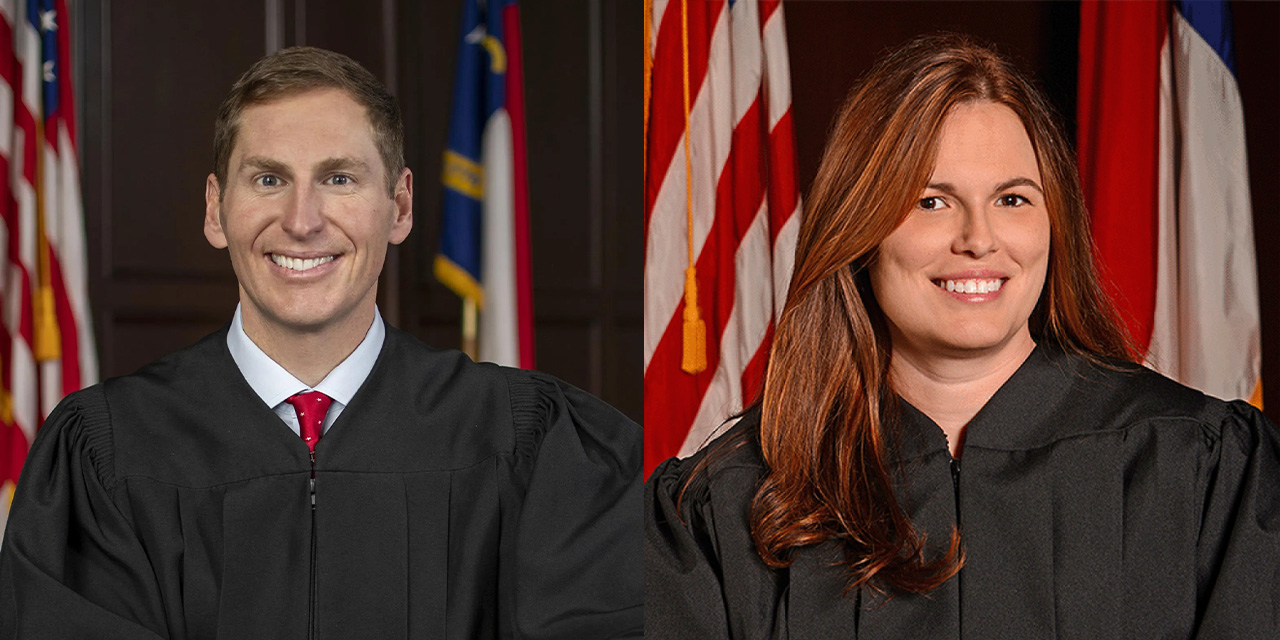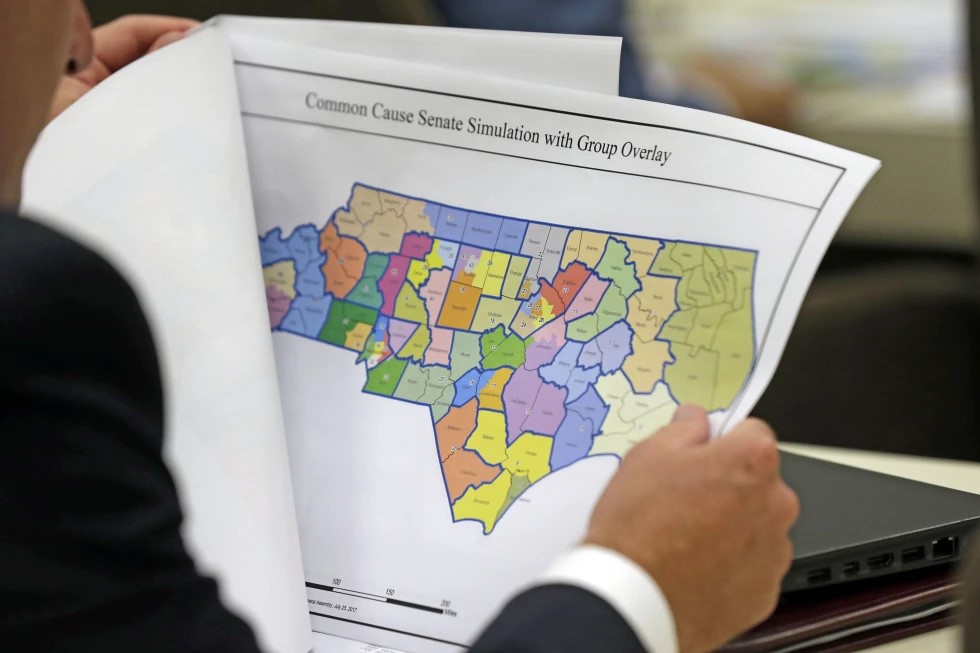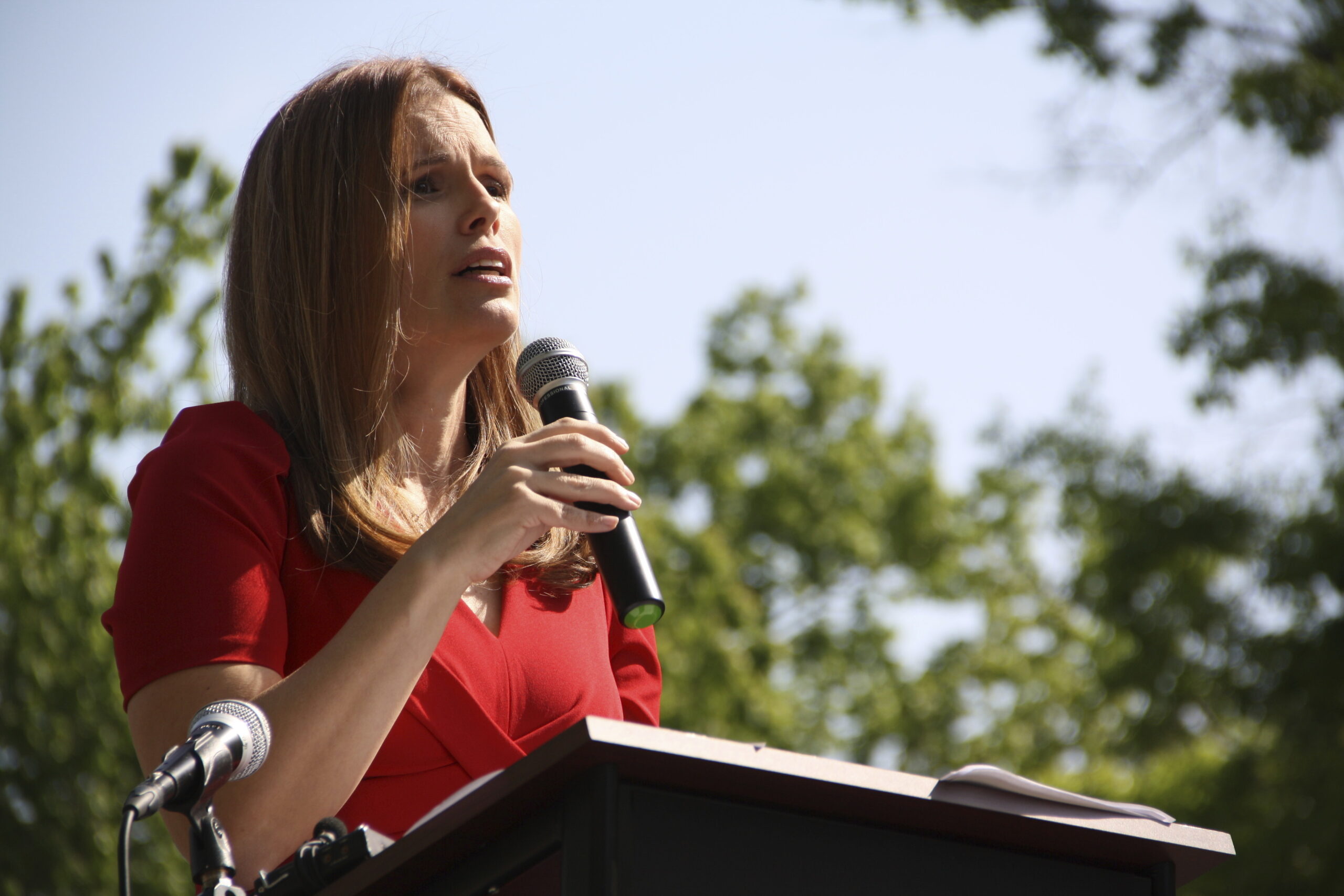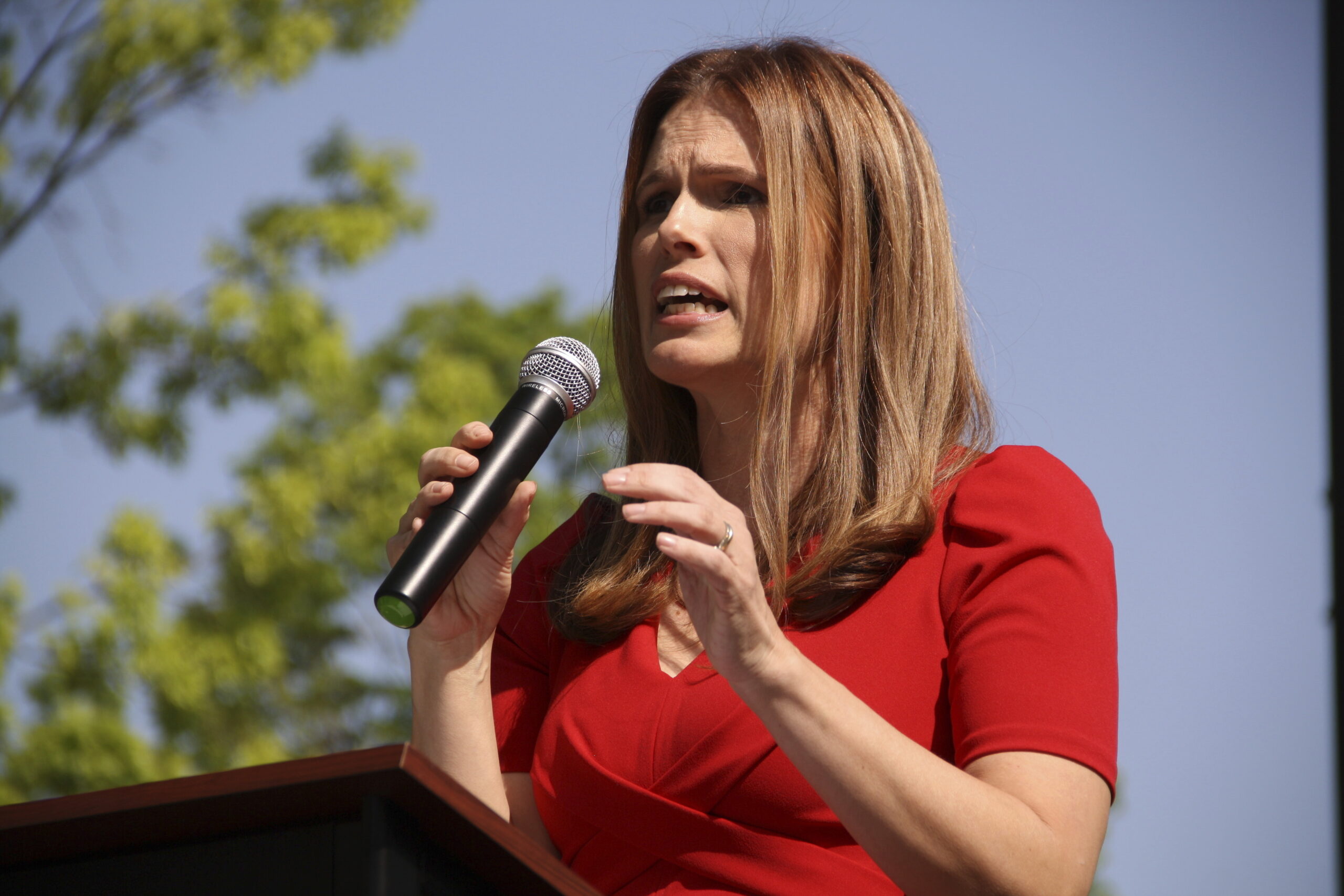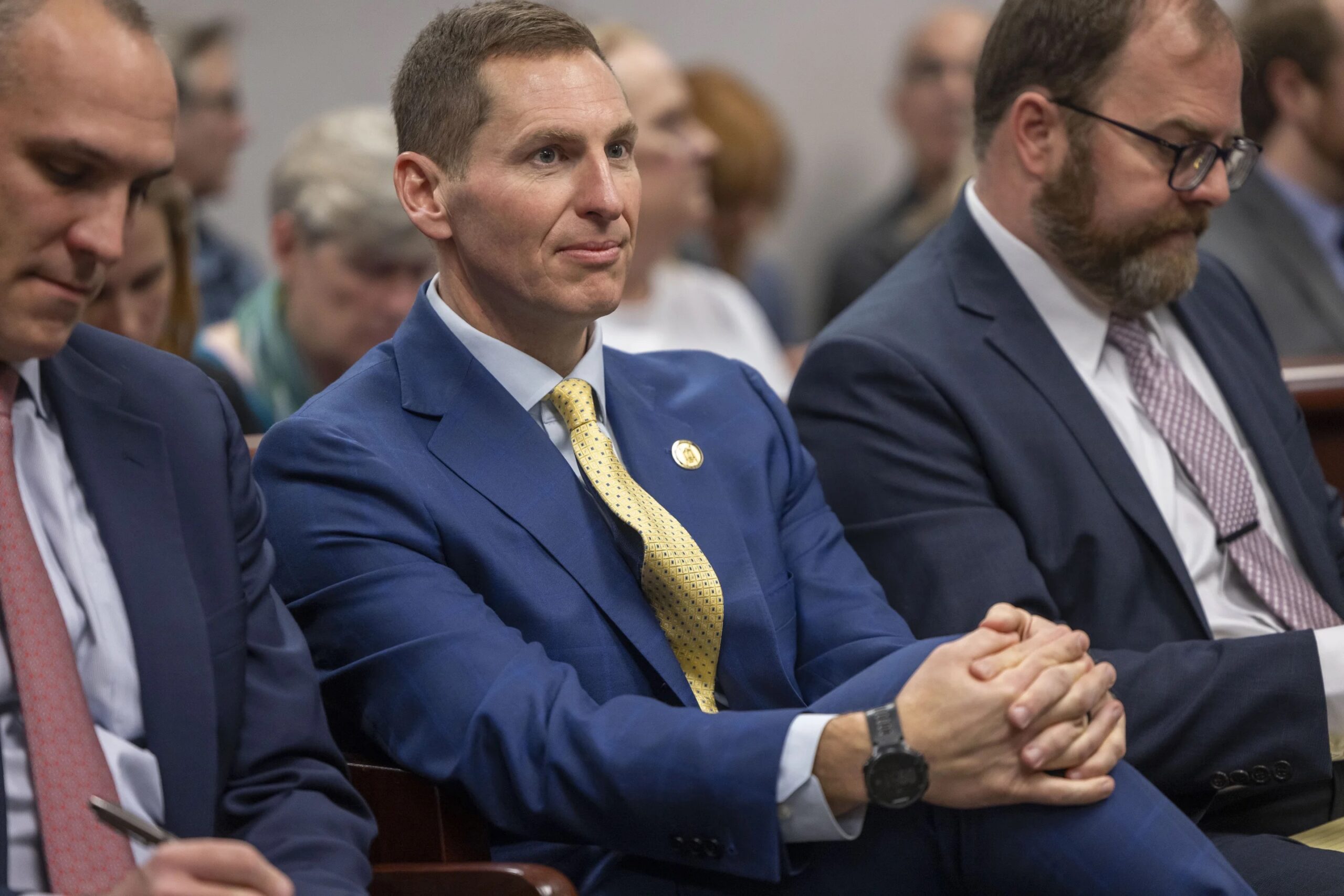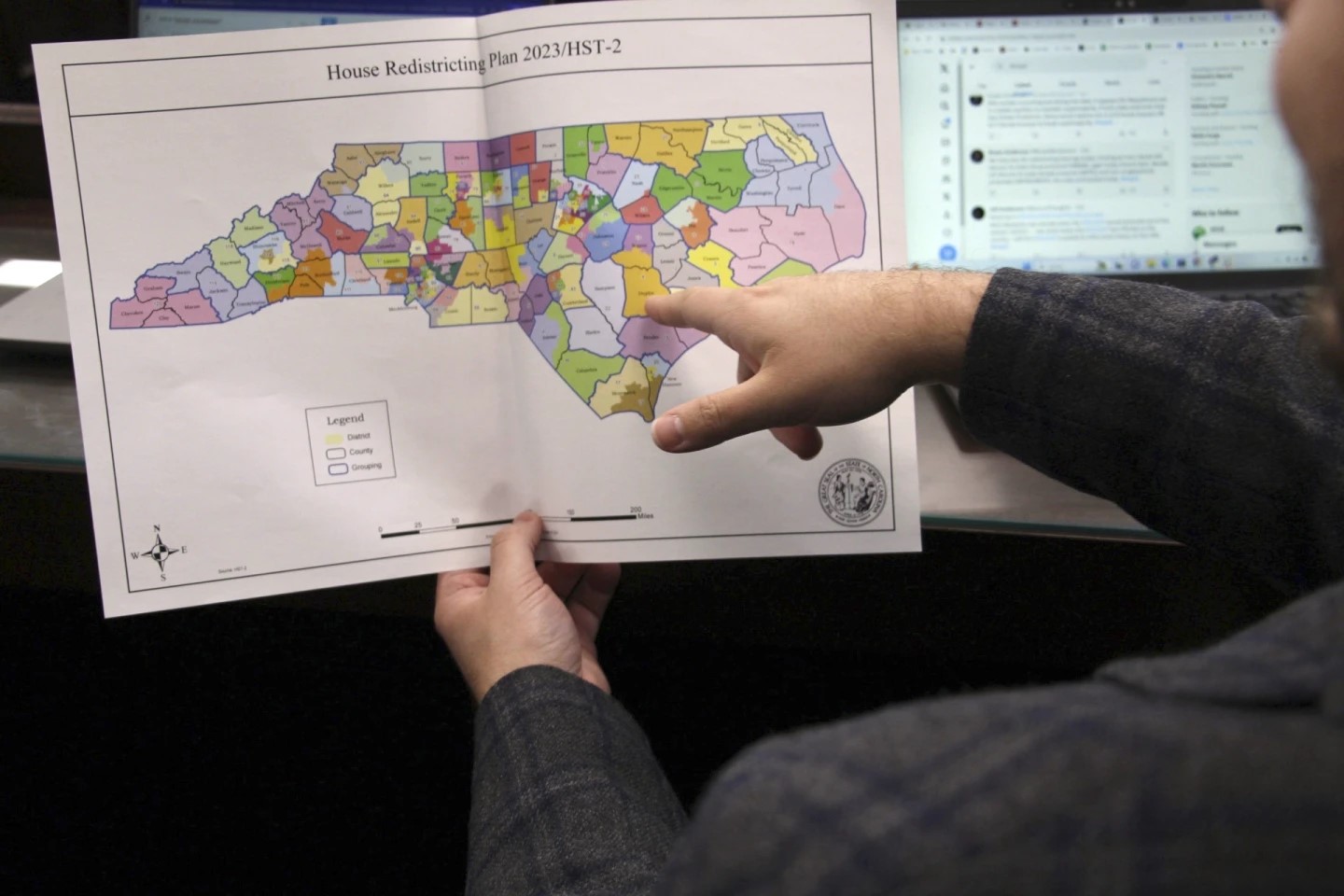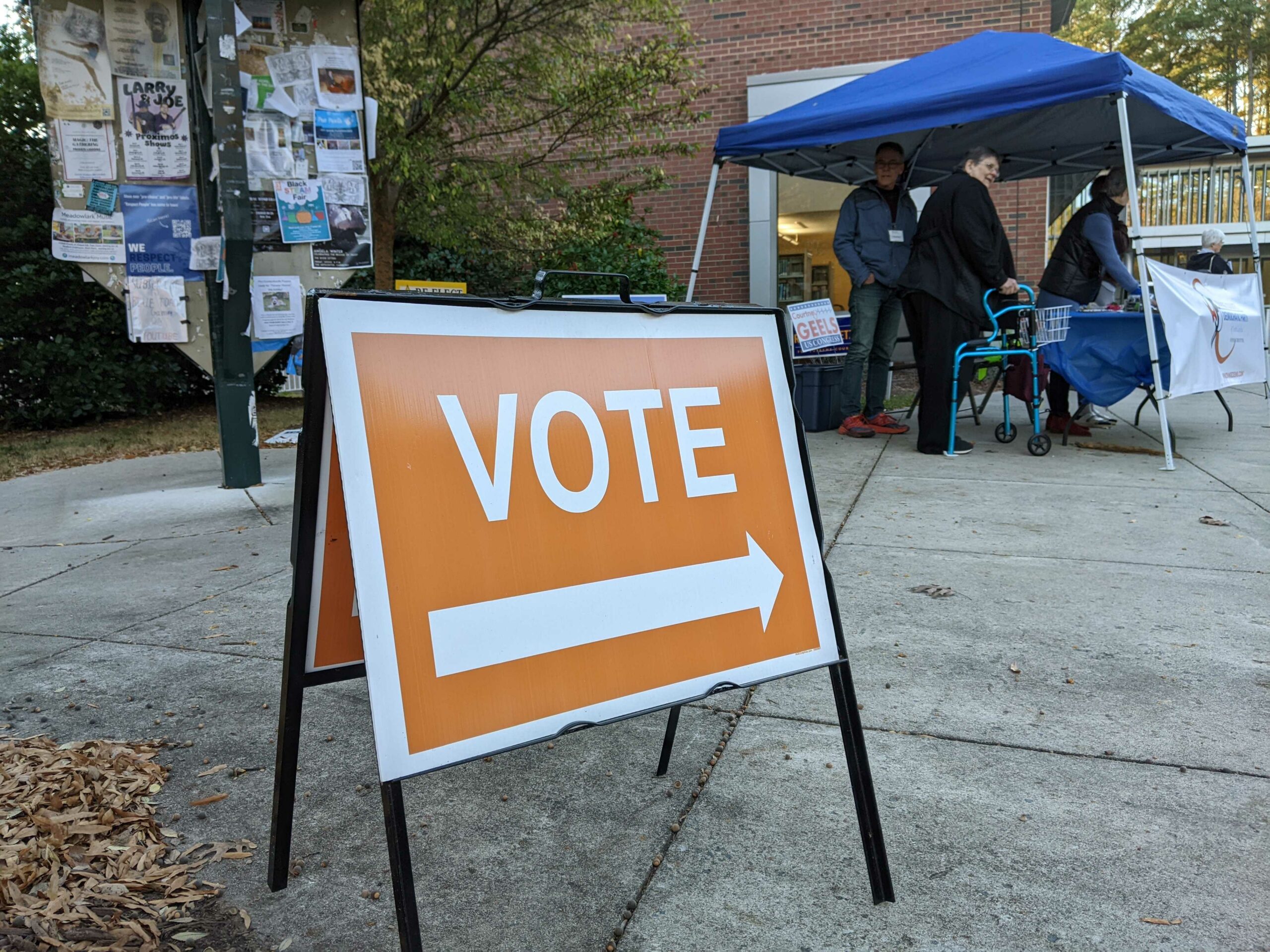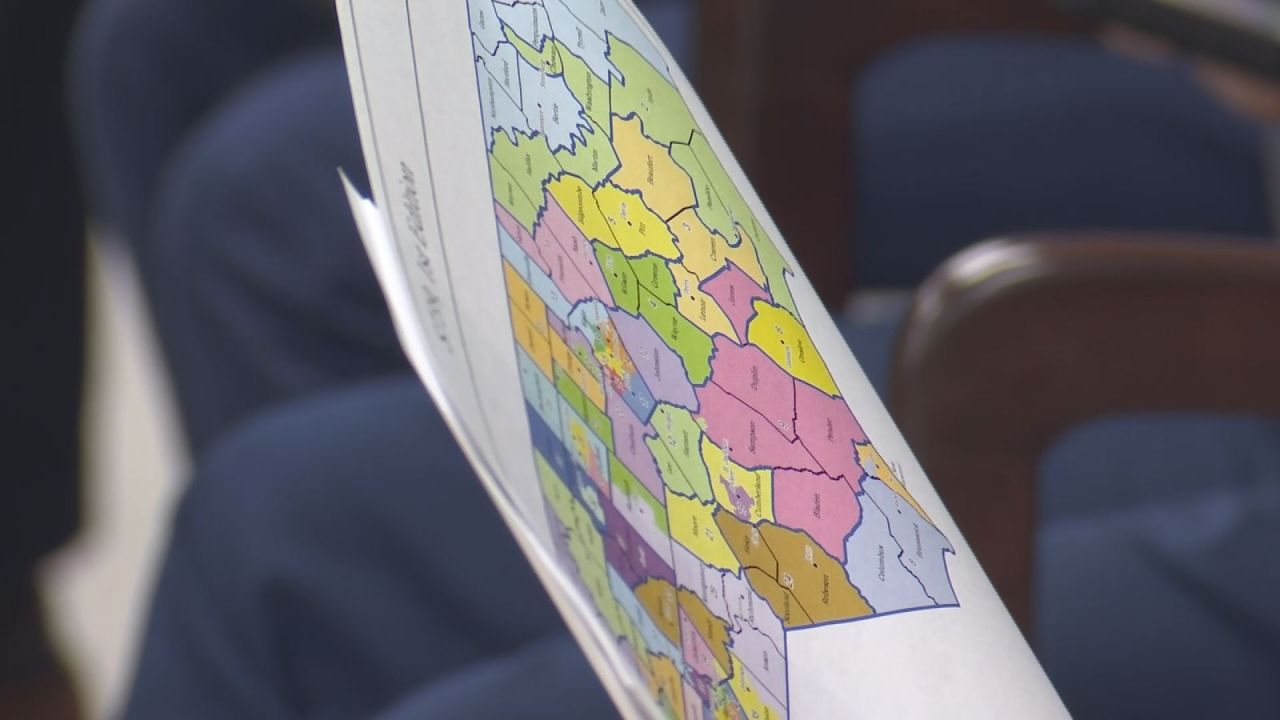The election of 2024 has been over for two months, but there’s still one race that remains unresolved – and now, both the state and the federal courts are involved.
The race in question is for a seat on the State Supreme Court, where Republicans hold a 5-2 majority but Democrats are hoping to retake the majority by the end of the decade. Democratic incumbent Allison Riggs appeared to win reelection in November, narrowly outpolling Republican challenger Jefferson Griffin by a little more than 700 votes out of over 5.5 million cast. But Griffin has refused to concede: he’s asking judges to toss out more than 60,000 votes – including Riggs’ own parents.
Griffin’s challenge to those votes rests on several arguments, but the primary one revolves around a 20-year-old state law requiring new voters to provide driver’s license or Social Security numbers when registering. The vast majority of the challenged voters did not provide that information because they’d already registered to vote before the law took effect.
Currently, the case rests in the hands of two courts simultaneously. One is the State Supreme Court itself, which issued an order earlier this month blocking the State Board of Elections from certifying a winner until hearing additional arguments. Riggs has also appealed to the federal judiciary, and this week the 4th U.S. Circuit Court of Appeals agreed to hear arguments later this month as well.
Judges on the state and federal levels have already heard and rejected challenges similar to Griffin’s; notably, neither side is contending that anyone acted unlawfully. Given that, Democrats and voting rights advocates alike are sounding the alarm, arguing that Griffin’s challenge – launched after an election, targeting specific voters but not others in the same boat – poses a direct and massive threat to democracy itself.
Among those advocates is the voting-rights organization Common Cause NC, which has joined Riggs in the legal suit. Common Cause NC executive director Bob Phillips joined 97.9 The Hill’s Aaron Keck to discuss the case. (They spoke after the State Supreme Court issued its order, but before the 4th Circuit took up the case.)
Click here to listen to their full conversation. The transcript below has been edited for clarity.
Aaron Keck: What should folks know about what’s going on?
Bob Phillips: The expectation is (the State Supreme Court) will have an evidentiary hearing, (and) hopefully reject (Griffin’s) claim. One of the Republican justices joined Democratic justice Anita Earls in dissenting. So at least two of the justices are opposed to the claim. Another justice, Trey Allen, another Republican, also expressed some reservations in his concurring opinion. So there’s some uncertainty as far as what and how the high court will rule.
Keck: There’s always political wrangling over election rules, in every election, and I imagine that voters can get fatigued by that pretty quickly. What makes this different, or what makes this particularly worth being concerned about?
Phillips: Aaron, it’s unheard of. I don’t think there’s ever been a case anywhere, maybe not even in the country, certainly not in North Carolina, where an election occurs and then somebody says “wait a minute, I want to change the rules now.” There are thousands of voters in North Carolina that (they) don’t think their votes should count. That’s what’s going on. And these are (voters who) did not do anything wrong. They cast lawful ballots. There is no inference or allegation of fraud. Jefferson Griffin’s not even asking them to be purged off the rolls. He simply does not want 60,000-plus voters to count, in his race and in his race only. We have never seen anything like this. And I dare say no place in the country has ever seen anything like this.
Keck: You mentioned Anita Earls’ dissent: she said she was dissenting because there is no chance of Griffin actually winning on the merits. And – that’s kind of been my feeling this whole time as well. State and federal judges (have) both already ruled against him; to rule in Griffin’s favor, the State Supreme Court would have to overturn a whole bunch of precedent, including some of their own. It just seems very highly unlikely. That said – from your perspective, how concerned are you?
Phillips: Well, always very concerned. It is a 5-2 Republican-controlled high court – and literally a year ago, within weeks of when they got sworn in, they reversed the voter ID (ruling) as well as the victory that we had on ending partisan gerrymandering. These were two instances where they reversed decisions by the previous State Supreme Court, which is highly unusual. Unfortunately, this court has acted in a very highly partisan manner. At the same time, the hope is – as more people understand this, more people become aware, I think (they’ll be) outraged. Obviously we want the justices to rule on the law, but they (also) have to take into account that the optics are terrible. And none of the legal pundits weighing in on this seem to think that there is any merit to this challenge.
Keck: If the State Supreme Court rules in Griffin’s favor, what happens next? What should happen next?
Phillips: There’s two paths: they could say “discount all those votes (and) re-tabulate,” and (declare) Griffin the winner, (or) they could order a new election. I think if they try to say Griffin is the winner, that puts it back in the federal court – because you’d have a Fourteenth Amendment claim that you’re treating some voters differently. Here’s the thing: all those 60,000 challenged voters are early voters. Election Day voters that have the same registration issues, they’re not part of the challenge. That’s (a) problem for Griffin, to say “I’m only challenging one group of voters.” But of course our hope is they will reject his challenge (altogether), as they should.
Keck: Anything else that folks should know that we haven’t mentioned yet?
Phillips: I hope people realize we have a great elections system here in North Carolina. They still should have faith and confidence that it works. This is not at all a case of fraud, it’s a technicality. (And) it needs to be rejected. But we do have a good elections system here in North Carolina.
Chapelboro.com does not charge subscription fees, and you can directly support our efforts in local journalism here. Want more of what you see on Chapelboro? Let us bring free local news and community information to you by signing up for our newsletter.

